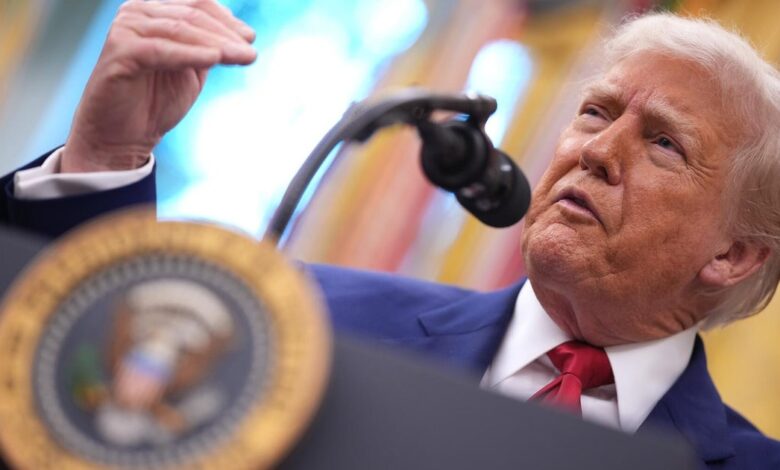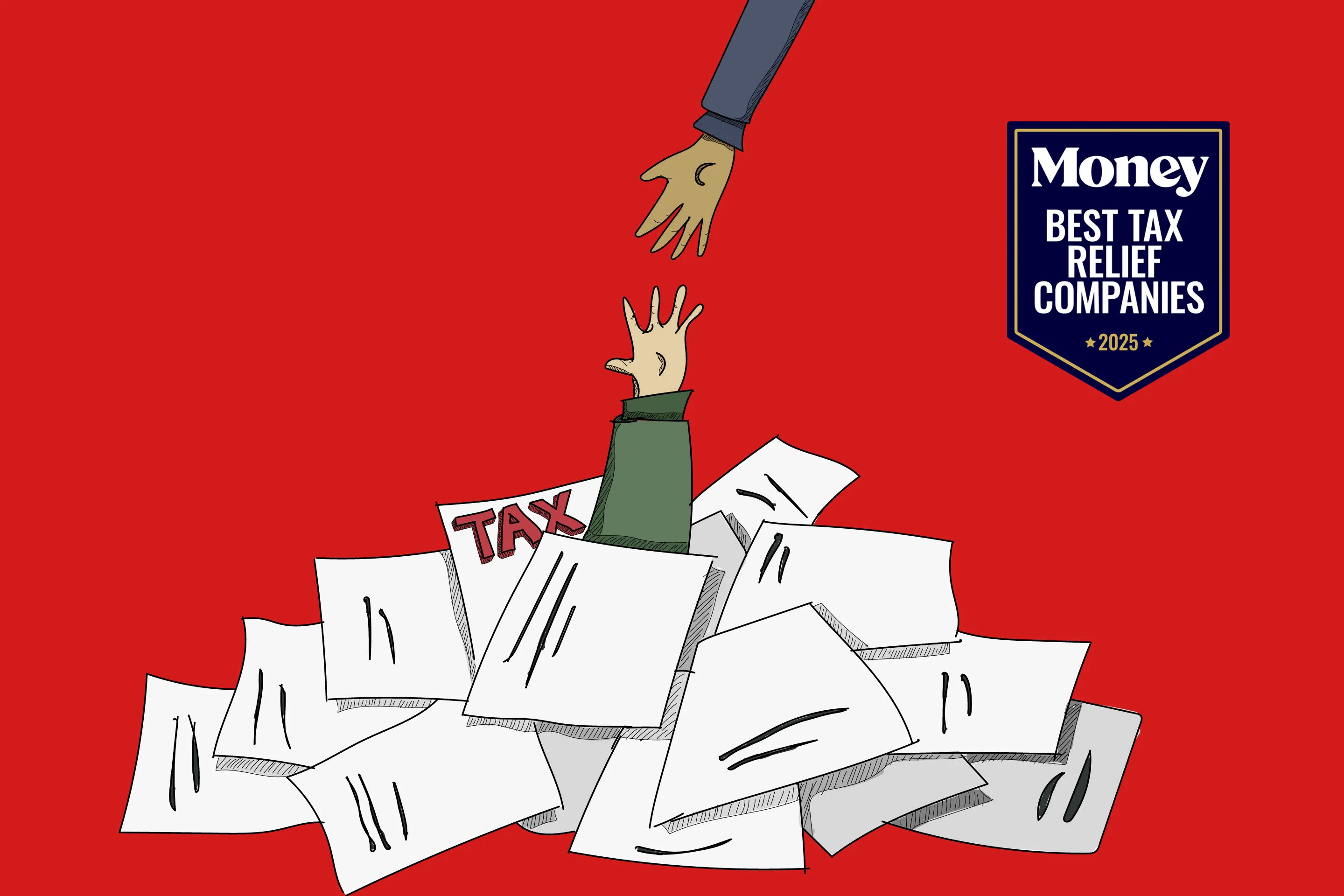Appeals court temporarily reinstates Trump tariffs

The Federal Circuit Court in Washington, D.C., has temporarily halted a federal trade court’s decision blocking most of President Trump’s tariffs. This decision reinstates the tariffs imposed by the president under an emergency powers law. The U.S. Court of Appeals for the Federal Circuit granted the Trump administration’s request for an immediate administrative stay, temporarily staying the judgments and permanent injunctions entered by the Court of International Trade in these cases.
A three-judge panel on the trade court unanimously ruled that the International Emergency Economic Powers Act of 1977, which President Trump invoked to impose the tariffs, did not give him the authority to set unlimited tariffs on imports from nearly every foreign nation. The U.S. Court of International Trade permanently blocked Trump’s 10% tariff on virtually every U.S. trading partner, as well as his duties on imports from Mexico, Canada, and China. The court found that the tariffs exceeded the authority granted to the president by the IEEPA to regulate importation through tariffs.
The Justice Department requested the Federal Circuit to review the trade court’s decision and also requested a halt to the ruling while the appeal is considered. The administration warned of irreparable national-security and economic harms if the ruling was not stayed. The Federal Circuit gave the plaintiffs until June 5 to respond to the administration’s request for a stay.
President Trump’s tariffs have been a central part of his economic agenda, aimed at bringing back manufacturing jobs to the U.S. and generating revenue. However, the tariffs have raised concerns of economic downturns and have impacted financial markets. Several lawsuits have been filed by states and businesses affected by the tariffs, arguing that the president did not have the authority to impose the tariffs under the IEEPA.
In a separate case, a U.S. District Judge ruled that Trump’s tariffs imposed under the emergency powers law are unlawful. The judge found that the IEEPA does not authorize the president to impose the tariffs outlined in his executive orders. The Justice Department has been given time to appeal this decision to the U.S. Court of Appeals for the District of Columbia Circuit.
Overall, the legal battles surrounding President Trump’s tariffs continue, with conflicting decisions from different courts. The outcome of these cases will have significant implications for the administration’s trade policies and the global economy.





